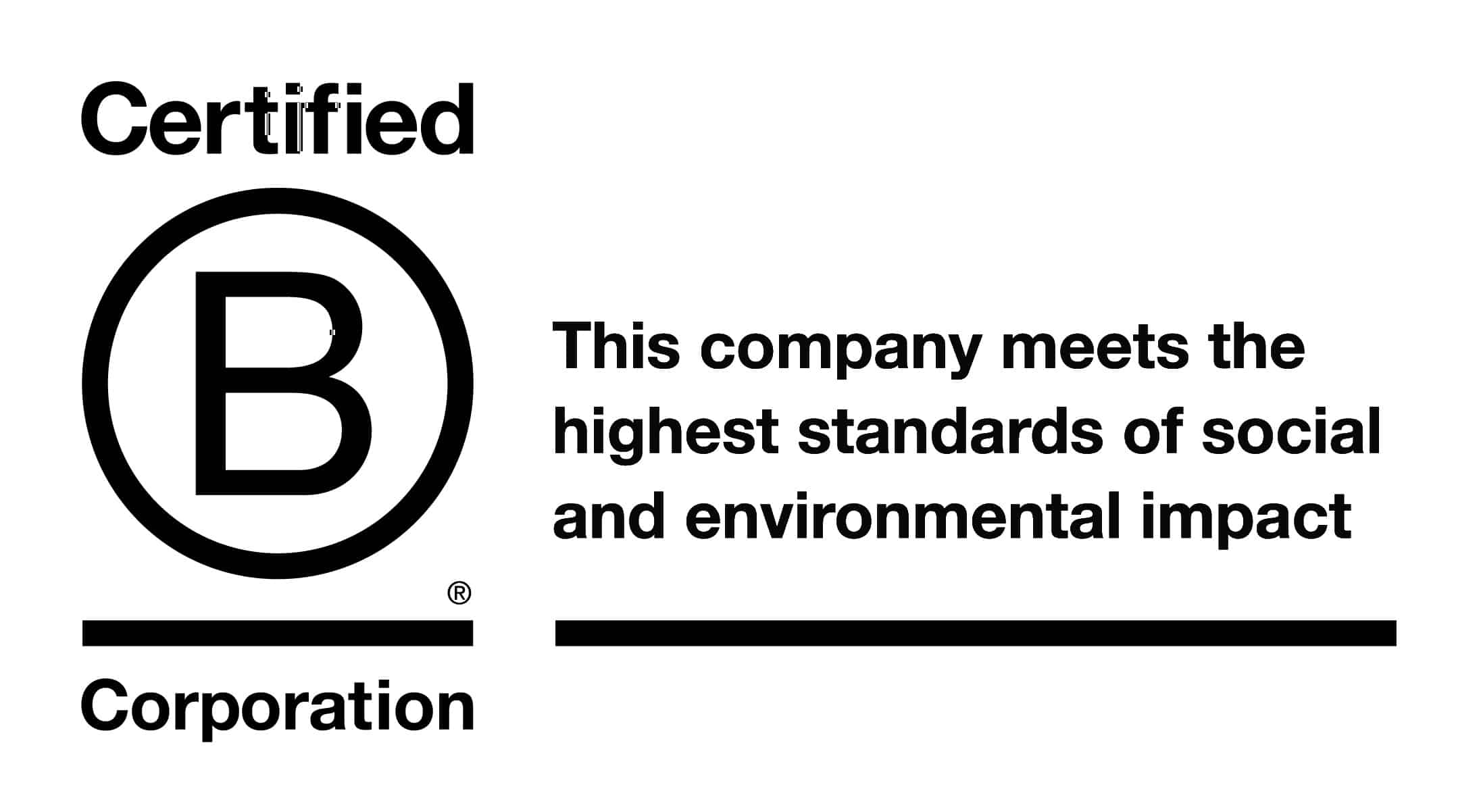
Ensuring your corrosion management program succeeds requires leadership skills. While corrosion engineers typically have a high level of technical competency, leadership can be another story.
Leadership is not the same as management. Leaders sense the need for change, creating a vision of the future and determining how it will be achieved. The purpose of a leader is then to inspire and motivate a team towards achieving it. Managers enable implementation by creating and tracking structured actions to achieve required outcomes within defined constraints and resources.
From past experience there is often a stronger importance placed on management competency versus leadership. However, like management, leadership is a skill set that can be developed. The idea that people are ‘born’ leaders is no longer relevant.
The idea that leadership is an attribute associated with a position in a organizational hierarchy is also considered outdated. In an effective organization everyone must be considered a leader in every position regardless of their job title.
What leadership skills are required to develop and implement a Corrosion Management Program?
Many of the activities within a Corrosion Management Program (CMP) are directly linked to leadership work because they involve people and implementing new behaviour. A leader must therefore develop various competencies in order to influence others to follow them. The competency framework for leading requires consideration of the following areas:
- Thinking effectively: requires deep consideration of why there is a need to do something, how will it be done and what will be done.
- Leadership skills: concerned with developing a leader’s capability to think, learn and take action e.g. self-awareness, working effectively with others, teaching, effort prioritization, creating direction etc.
- Leadership character: The concept of character has been around for a long time. Character is the ability to act in a way that is reflective of personal values and beliefs. Character attributes can be learned and developed and include a leaders drive, courage, humility, judgement etc.
- Leadership behaviour: Leadership behaviour is the outward manifestation of a person’s values, interpersonal skills and character attributes as experienced by the observer. Leaders are judged on behaviour, not intent.
The Leadership Competency Gap in Corrosion
Leadership competency is required for the successful implementation of a CMP; leadership skills enable technical work and overall program goals. But, the industry understands there is a general gap in leadership versus technical corrosion competencies.
For management skills, technical professionals often have opportunities to train through internal company programs or formal programs (e.g., Project Management Professional certification). Within these programs some elements of leadership training often exist. However, there are fewer formal avenues to specifically learn leadership. Much of the learning in this area comes from on-the-job experience and, while practical experience is critical, leadership training is often missing from the toolbox.
Learning the Pathway Forward
This lack of leadership competency in corrosion teams can lead to significant and tangible roadblocks in Corrosion Management Program’s implementation. There are leadership training frameworks that could be considered to address this gap and open the discussion within the corrosion community around how leadership skills are needed to successfully implement CMPs.
Readers are encouraged to consider how leadership and management are dealt with in their organizations and reflect critically on their experience of leadership training and the impact of culture on CMP development.




